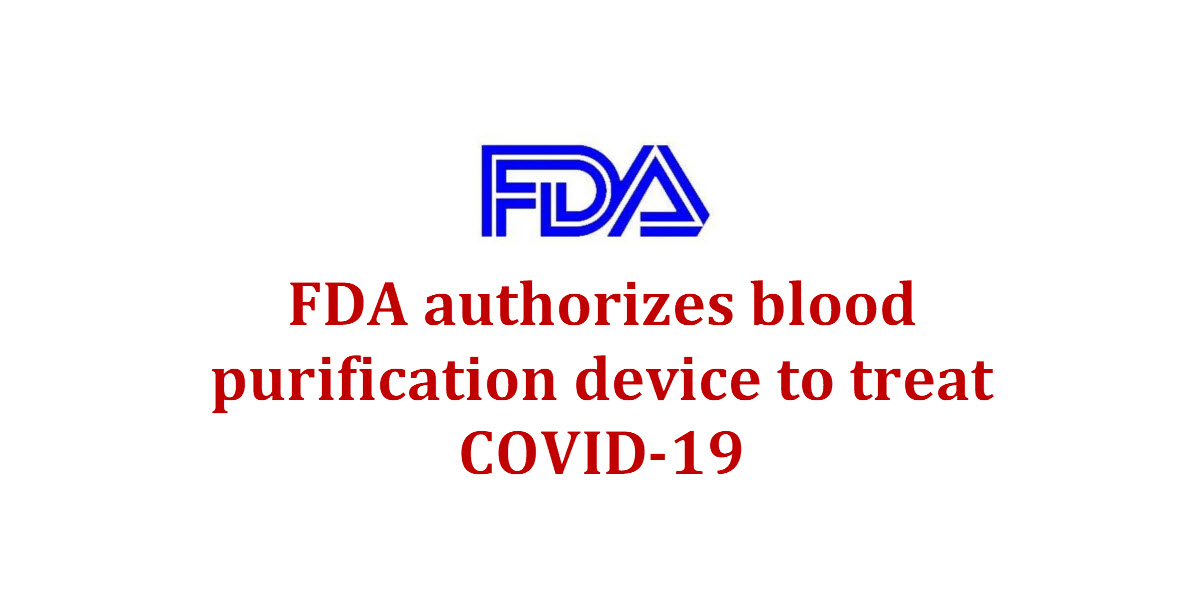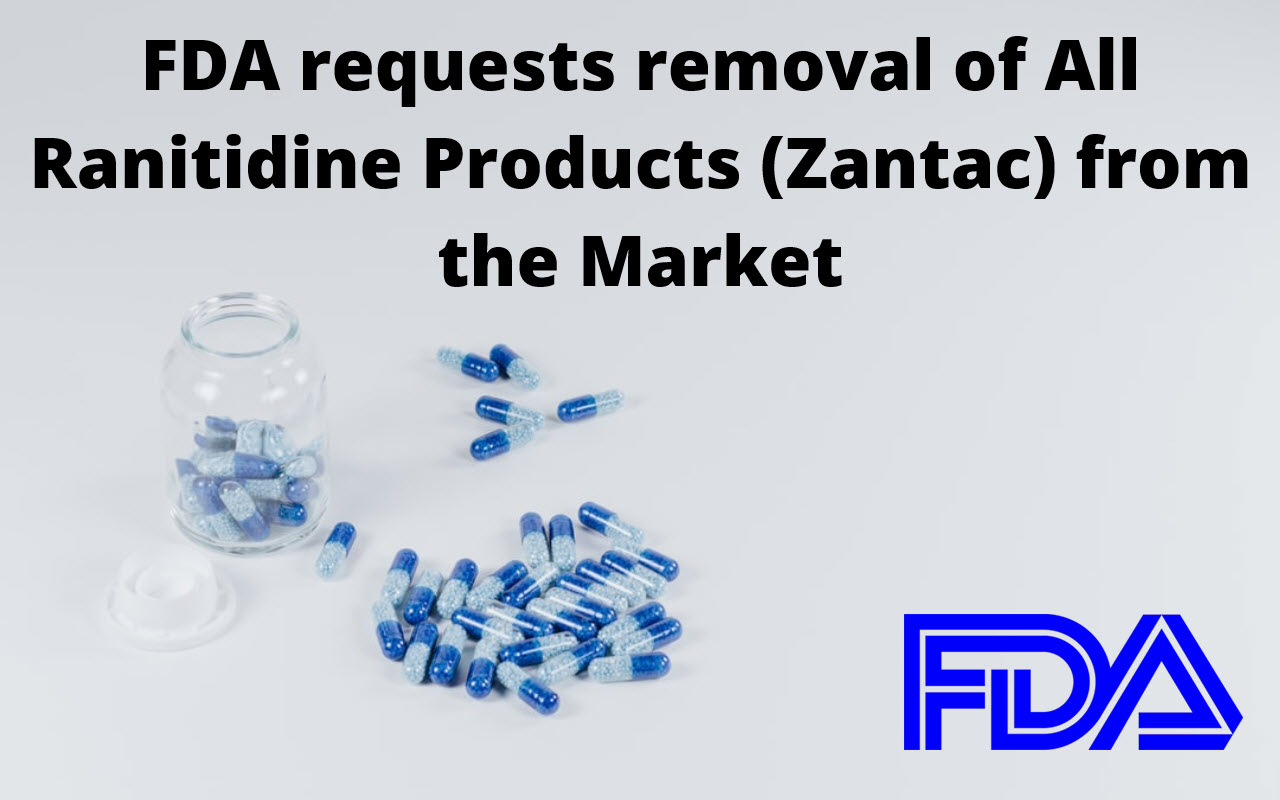The U.S. Food and Drug Administration today approved three drugs for nonprescription, or over-the-counter (OTC), use through a process called a prescription (Rx)-to-OTC switch. The FDA approved Voltaren Arthritis Pain (diclofenac sodium topical gel, 1%) for the temporary relief of arthritis pain; Pataday Twice Daily Relief (olopatadine HCl ophthalmic solution/drops, 0.1%) for the temporary relief of itchy and red eyes due to pollen, ragweed, grass, animal hair or dander; and Pataday Once Daily Relief (olopatadine HCl ophthalmic solution/drops, 0.2%) for the temporary relief of itchy eyes due to pollen, ragweed, grass, animal hair or dander, for nonprescription use.










